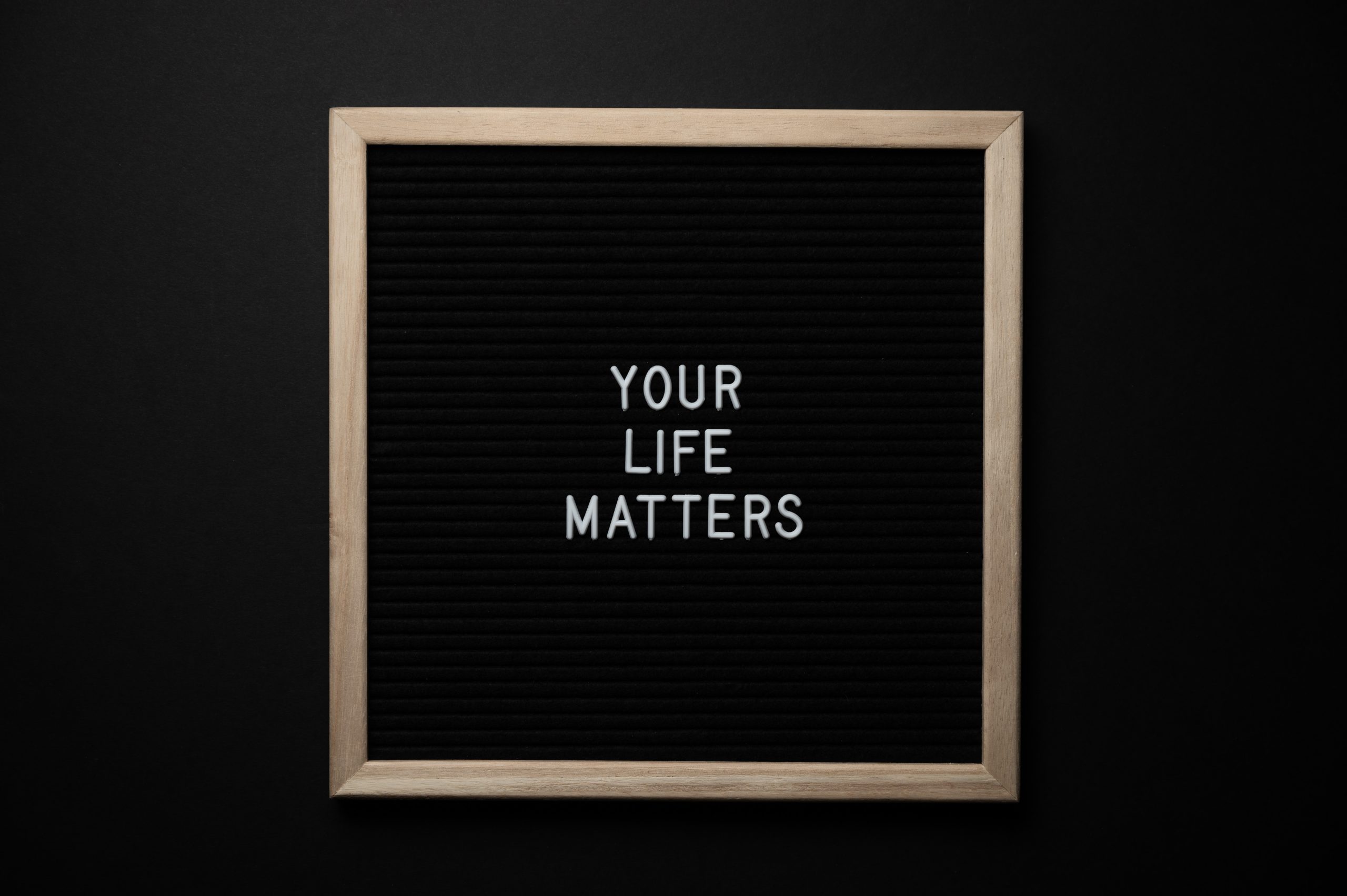
THE RIGHT TO LIFE
PART OF YOUR INALIENABLE RIGHTS AND PRIVILEGE
Every human being have the right to have his life protected and not to have it taken away by others.
What does this right mean?
Public authorities must:
Take appropriate steps to protect a person’s life.
For example, ensure adequate laws to protect everybody from others who might want to take away someone’s life except in a few very specific and limited circumstances.
It does not mean there is a right to medical treatment in all circumstances.
If someone dies as a result of the state’s use of force, or the state’s failure to protect life, there should be an effective official investigation into what happened.
How could this be relevant to me or other older people?
I should not be refused lifesaving medical treatment because of my age.
I need to be given enough to eat and drink whilst I am in the care of an institution.
I should not have a ‘do not resuscitate’ order placed on my file without my or, if I cannot express my own view, my family’s consent.
I should not be discharged from hospital if I am unable to look after myself, if there is no care in place to support me and if my life would be at risk as a result.
In the event that my death is suspicious or unexplained, an effective inquest must be carried out.
This means that nobody, including the Government, can try to end your life.
It also means the Government should take appropriate measures to safeguard life by making laws to protect you and, in some circumstances, by taking steps to protect you if your life is at risk.
Public authorities should also consider your right to life when making decisions that might put you in danger or that affect your life expectancy.
If a member of your family dies in circumstances that involve the state, you may have the right to an investigation.
The state is also required to investigate suspicious deaths and deaths in custody.